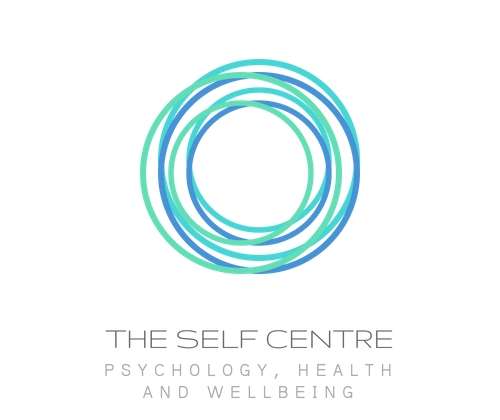
Why Psychometric Testing is so Helpful for Children
by Satty Singh Clinical Psychologist – The Self Centre
Have you found yourself needing to repeat instructions multiple times to your child? How often have you found yourself wondering whether your child is listening or even paying attention? Do you wonder why they may be struggling at school? We often think that our children are disinterested, unmotivated and lack the ability to regulate themselves. We make the assumption they have control over this, almost like they are choosing to be this way. However, children most often do not choose to behave this way – they want to succeed. These behaviours are often a signal of their brain’s potential and capacity and we owe it to them to pay attention, to understand them, support them and learn about who they are. But how do you know what your child is actually capable of? That’s where we come in! Psychologists use cognitive testing, and at The Self Centre, we use what is considered the gold standard of tests to help understand cognitive ability- the WISC-V Wechsler Intelligence Scale for Children Fifth Edition (WISC-V) and the Wechsler Adult Intelligence Scale Fourth Edition (WAIS-IV). These tests help us to understand how people function or perform in particular areas, in comparison to other people their age. This can help us to understand how their brains work, what areas are challenging for them, and what areas are strengths for them. An individual’s strength or challenge in itself may not tell us a lot. However if we start seeing patterns in their outcomes, that can help us to highlight areas that may require further exploration, such things as Attention Deficit Hyperactivity Disorder, Intellectual Disabilities and Specific Learning Disorders (Dyslexia, Dyscalculia, etc) or even Giftedness. Understanding what a child is capable of is only one piece of the puzzle. To come to meaningful conclusions, we then look at the difference between what they are capable of and where they are currently achieving. The test that we use to assess their current level of achievement is called the Wechsler Individual Achievement Test 3rd Edition ( WIAT-III). If in this test, we identify a large enough difference (a significant difference) between what they are capable of and what they are achieving, we can then add more support to any one of the above diagnoses. You may be wondering, ‘If we see a big difference between what an individual or child is capable of and what they are actually achieving, does that mean they have one of the above diagnoses?’ Not necessarily. We are taught in our training that clinicians diagnose, numbers don’t. While Psychologists take scores into account, we also consider what behaviour we observed during testing, as well what others (teachers or parents) have described about the child’s behaviour. It is only when there is support for diagnosis in almost all domains that we consider one. So, what if your child gets a diagnosis? What do you really get from the process? Hopefully, by the end of the process you have a better understanding of why your child behaves in particular ways or why they may be experiencing specific difficulties. Testing offers parents and caregivers an opportunity to better understand their child’s needs, so they can know how to support them to have a bright and healthy future. At the end of the assessment process, all the psychologists at The Self Centre offer treatment recommendations which may include further testing, strategies, or referrals to other professionals, all of which are aimed to help optimize strengths and improve performance in area of challenge. If you would like to learn more please reach out, we are here to help make the process easy to understand and navigate.
